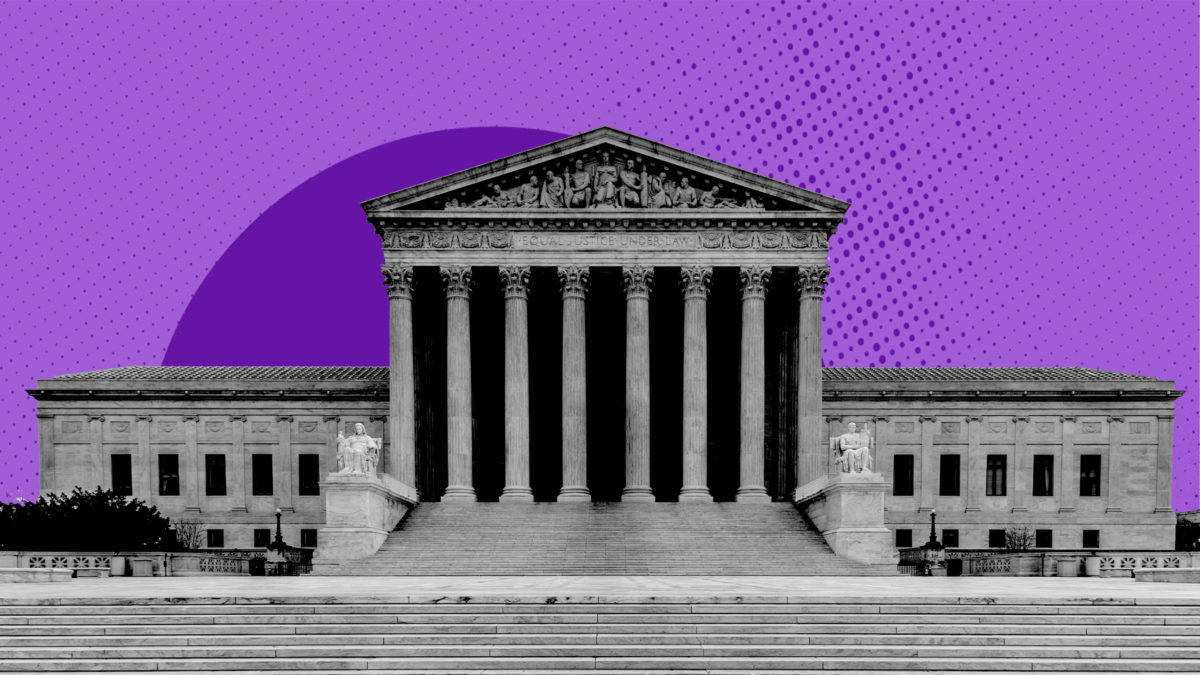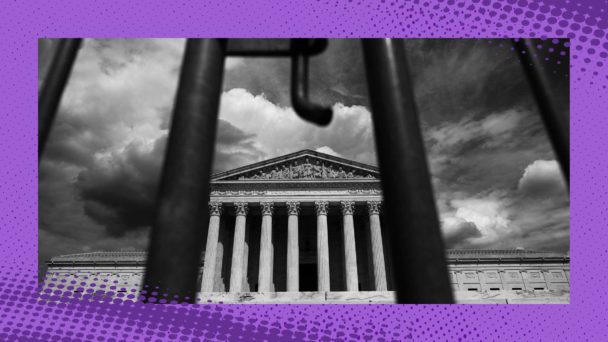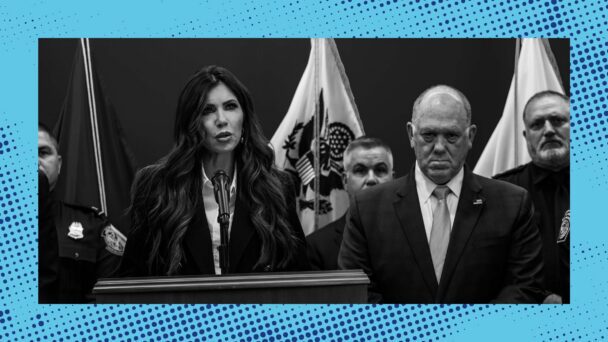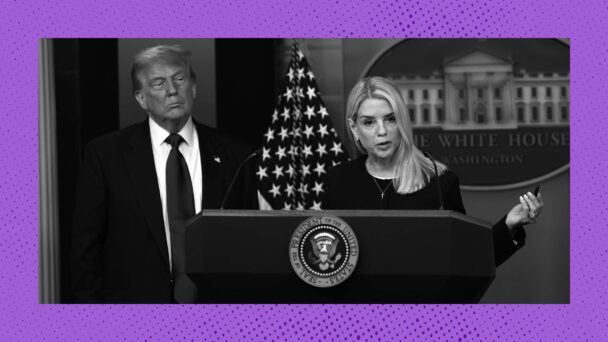On Thursday, a federal district judge allowed a lawsuit challenging the Department of Education’s mass cancellation of grants related to “diversity” to move forward, rejecting the Trump administration’s argument that recent Supreme Court precedent required dismissal of the case.
Roughly 20 years ago, Congress established the grant programs at issue in order to fund state efforts to recruit and train teachers for placement in areas with teacher shortages. But the statute caught the Trump administration’s eye because it talks about “providing instruction to diverse populations,” and allows states to, among other things, set goals related to recruiting teachers “who reflect the communities in which they will teach.” (Can’t have that!) In February, the White House started terminating nearly all of those grants, totaling $600 million.
Eight states led by Democratic governors and attorneys general sued in federal district court in Massachusetts, hoping to recover the roughly $250 million that Congress had appropriated for them. But on April 4, the Republican majority on the Supreme Court foreclosed that possibility in a brief, unsigned shadow docket order in Department of Education v. California. According to the Court, the Trump administration’s rescission of funds was essentially just a contract dispute, which belongs in the Court of Federal Claims, not federal district court.
The Court’s decision allowed the administration to go ahead and reinstate the cuts. As a result, states either have to give up their efforts, or foot the bill themselves and hope that maybe they can make up the costs later.
Because of that shadow docket order, the Trump administration filed a motion to dismiss the case in Massachusetts, contending that there is nothing more for federal courts to do. But Judge Angel Kelly came to a different conclusion by splitting the case into two parts: Retrospective relief regarding past due funds can go to the Court of Federal Claims, but prospective relief regarding future obligations is staying with Kelly. Kelly based this conclusion on the states’ amended complaint, which “explicitly requests equitable relief to preserve prospective grants and the process to award grants” and includes more constitutional claims. Nothing about the Supreme Court’s April order, she reasoned, compels lower courts to give up the core judicial functions of adjudicating constitutional claims and awarding equitable relief.
Kelly acknowledged that “emergency docket orders often are preliminary judgments from the Supreme Court without the benefit of robust briefing” and thus have very limited precedential value. Much of courts’ credibility comes from showing their work—reading the briefs, hearing oral arguments, taking their time to consider the merits of a case and explaining their decisions. But as Kelly pointed out, there was no oral argument in this case, and the Trump administration’s argument for divesting federal courts of jurisdiction depended entirely on a four-paragraph unsigned opinion that confined the “relevant discussion on jurisdiction” to “half of one paragraph.”
And she isn’t just speaking for herself, here. Kelly’s opinion quotes Justice Brett Kavanaugh, who emphasized in 2022 that emergency orders like the one the Court issued here “ensure that we do not have to decide the merits on the emergency docket,” and he reiterated that a “stay order is not a decision on the merits.” Kelly also quotes Justice Neil Gorsuch, who wrote in a 2020 majority opinion that a judicial decision’s reasoning is what “allows it to have life and effect in the disposition of future cases,” and a judgment alone detached from that reasoning “cannot be read to repudiate this Court’s repeated pre-existing teachings.”
In effect, the Supreme Court has outright told judges to do as they say, which is to follow precedent as the Court explained it in writing, and not as they do, which is to grant the Trump administration’s every request. Based on the justices’ own words, Kelly reasonably concluded that “not all Supreme Court writings are equal.” Put differently, not all of the Court’s opinions are worth following.
Kelly’s opinion does something the Supreme Court’s bevy of unreasoned shadow docket opinions fails to do: It actually provides some guidance for other judges. If judges understand that shadow docket orders are hardly worth the paper they’re printed on, they can be less constrained by the reckless decisionmaking of the Supreme Court.





